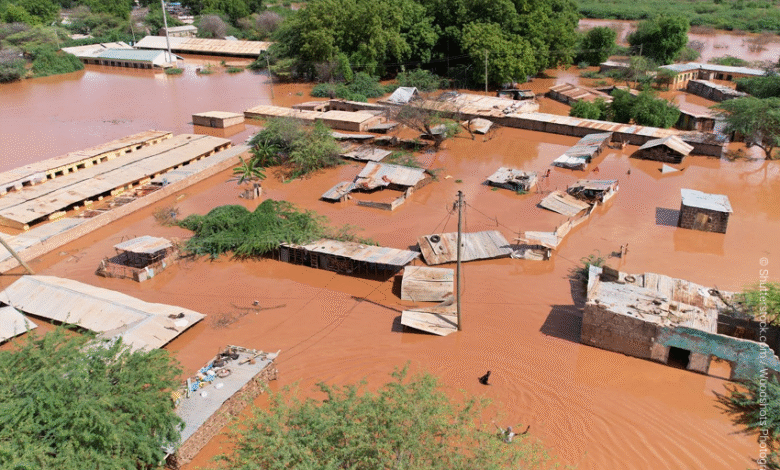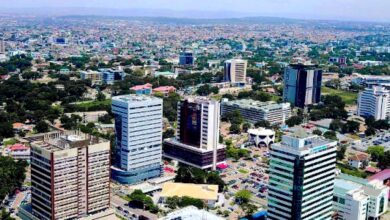African Nations Hardest Hit by Climate Shocks Are Now Leading Adaptation Efforts -GCA

African countries that have endured some of the most severe climate-related disasters are now taking stronger steps to build resilience, the latest Resilient Economies Index by the Global Center on Adaptation (GCA) has revealed.
The Index tracks how well countries are preparing to withstand climate shocks by assessing economic stability, policy readiness, and access to climate finance. The findings show that nations with repeated exposure to floods, droughts, landslides, and storms are increasingly taking the lead in shaping stronger adaptation strategies.
Experience Driving Action
According to the report, there is a significant link between historical climate shocks and how prepared countries are today. Nations that faced more climate disasters over the last 25 years recorded better performance on adaptation measures. The correlation is particularly strong when it comes to financial readiness, with countries that suffered frequent disasters becoming more effective at securing funding for resilience programmes.
The GCA explains that the harsh reality of climate impacts has forced many governments to act swiftly, developing policies, mobilizing resources, and strengthening early warning and response systems.
“When communities feel the social and economic pressure of climate extremes, the urgency to invest in long-term adaptation becomes impossible to overlook,” the report states.
Uganda, Ethiopia, Mozambique Show Progress
Countries such as Uganda, Ethiopia, and Mozambique are highlighted as examples of how adversity can drive innovation and reform.
-
Uganda continues to invest in systems that address recurring floods and drought.
-
Ethiopia has integrated adaptation into national planning, responding to land degradation and shifting rainfall patterns.
-
Mozambique, heavily affected by cyclones, has been steadily improving financial planning and disaster preparedness.
While the challenges remain significant, the report notes that these countries are not simply reacting to crises, but are gradually embedding resilience into governance and economic planning.
Call for Proactive Measures Across the Continent
The GCA warns that waiting for disaster before acting comes at a heavy human and financial cost. Countries that have not yet experienced severe climate shocks are encouraged to learn from those that have, and to strengthen their adaptation frameworks early.
“Resilience cannot be built overnight,” the report notes. “Africa’s development trajectory depends on planning ahead, securing financing, and prioritizing policies that protect lives, livelihoods, and infrastructure.”
By presenting clear gaps and strengths across the continent, the Resilient Economies Index is designed to help governments, development partners, and investors target support where it is most needed, and where returns on adaptation investment are likely to be highest.




